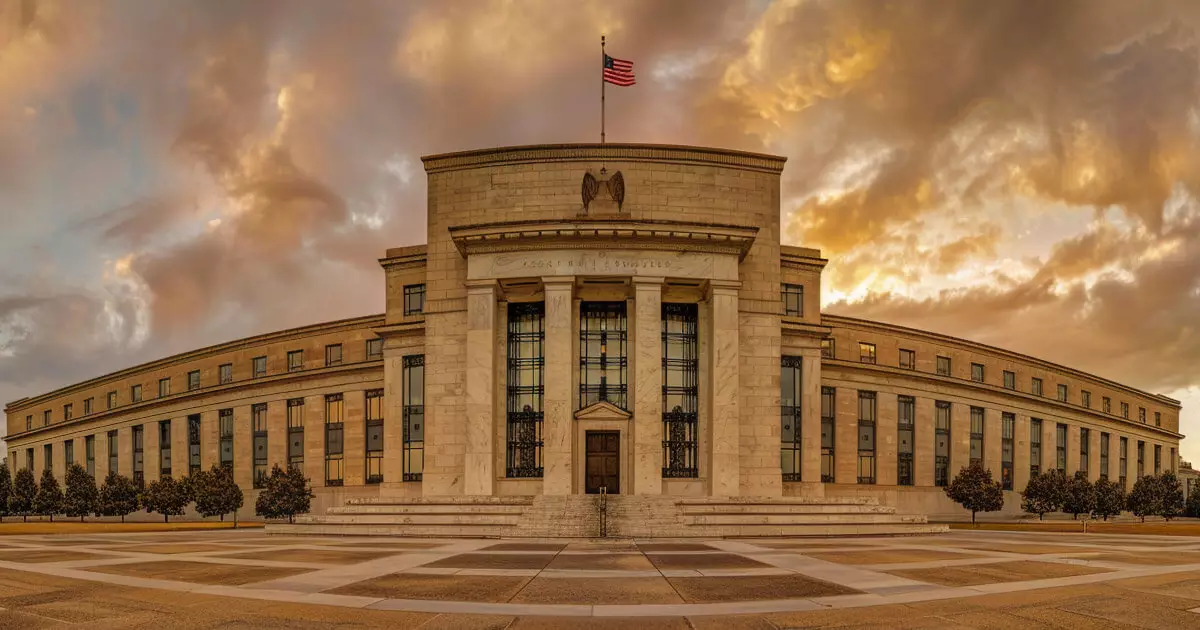Custodia Bank’s CEO, Caitlin Long, has stirred the pot by accusing the US Federal Reserve of implementing covert anti-crypto measures that blatantly favor established banking giants. She asserts that while the Fed recently rescinded several restrictive crypto guidelines, which may appear to signal a bullish shift in sentiment, the underlying reality remains starkly different. By leaving key regulations untouched, particularly a directive that prevents banks from engaging directly with cryptocurrencies, Long argues that the Fed is merely orchestrating a public relations facade, masking its true intentions behind the curtain of regulatory complexity.
The Unraveling of Innovation
Long’s concerns go deeper than just bureaucratic maneuvering; she warns of a growing “innovation stagnation” imposed by the Fed’s policies. While it’s tempting to see the repeal of a few regulations as a progressive step, the criticisms point to a troubling reality: those regulations that remain in place act as a straitjacket for smaller and innovative financial entities. This restriction primarily benefits larger banks, providing them an unfair competitive edge as they inch closer to issuing their private stablecoins while the rest grapple with stringent requirements and red tape that hamper innovation.
Public vs. Private Blockchain Warfare
The Fed’s clear endorsement of permissioned networks—those typically controlled by major financial institutions—over public blockchains is an alarming trend that favors the few at the expense of the many. By maintaining policies that block banks from interacting with decentralized platforms like Ethereum, the Fed creates a worrying landscape where only the wealthiest institutions can thrive. This is not simply a miscalculation; it’s a deliberate strategy that jeopardizes the principles of a decentralized financial system and risks solidifying the power of big banks in the emerging landscape of digital assets.
The Silence on Key Restrictions
In her criticism, Long points out an unsettling nuance: while the recent announcements from the Fed touted the rollback of certain guidelines, they conspicuously ignored the vital rule prohibiting banks from holding cryptocurrencies. This strategic omission reveals a glaring inconsistency within their communication, aligning with the notion of manipulating public perception. By portraying a more favorable environment while quietly keeping crucial restrictions, the Fed not only obscures true progress but also strategically limits flexibility for banks looking to innovate in the digital realm.
Echoes from Legislators
Senator Cynthia Lummis has joined Long’s chorus, framing the Fed’s approach as mere “lip service.” Her pointed remarks highlight a persistent issue—concerns persist regarding reputational risks tied to cryptocurrency, leading to unreasonable restrictions. Lummis’s commitment to holding Fed Chair Jerome Powell accountable underscores a broader dissent against an institution that many see as out of touch with the evolution of financial technology. She warns that the very architects of past regulatory crackdowns still have their fingers in the policymaking pie, complicating efforts for true reform in favor of a more open crypto landscape.
Amidst these concerns, one undeniable truth emerges: the Fed’s current actions suggest a worrisome trajectory where innovation is squashed under the weight of favoritism towards established financial players. The continued dominance of big banks in an era ripe for revolution leaves the future of decentralized finance hanging in the balance.



















Leave a Reply